Nellie Mae Education Foundation Statement on ESSA
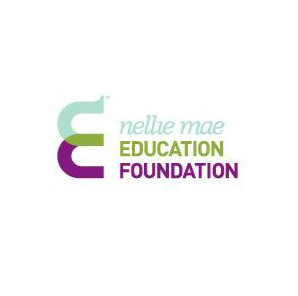
A statement from Nick Donohue, President & CEO Nellie Mae Education Foundation President Obama signed the Every Student Succeeds Act (ESSA) into law yesterday*. This response to No Child Left Behind (NCLB) – the 2002 rendition of the historic Elementary and Secondary Education Act (ESEA), which first passed in the civil rights-rich 60’s, was long… Read More ›
Effective Schools for Deeper Learning: An Exploratory Study
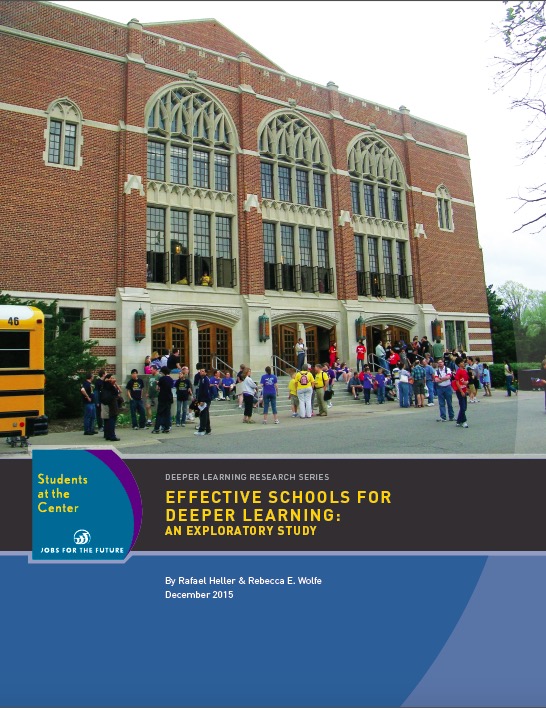
This report proposes one strategy by which to strengthen the nascent research base on deeper learning’s implications for high school improvement. Specifically, it describes an exploratory study designed to test the idea that a particular kind of whole-school assessment, involving site visits by teams of trained observers, can provide useful data about students’ opportunities for… Read More ›
Deeper Teaching
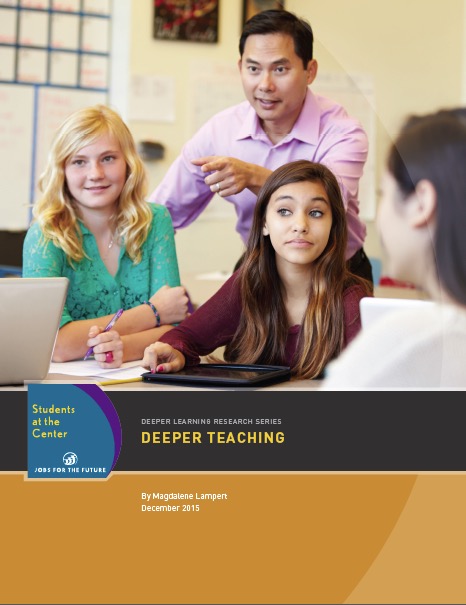
In this paper, Magdalene Lampert provides a close, detailed description of “deeper teaching,” referring to the kinds of instructional strategies and moment-by-moment teaching decisions that enable students to learn deeply. She concludes by describing the kinds of early-career guidance and support that teachers will need in order to understand what deeper teaching entails and put… Read More ›
Robotics, Coding, & Student-Centered Learning: A Student’s Perspective
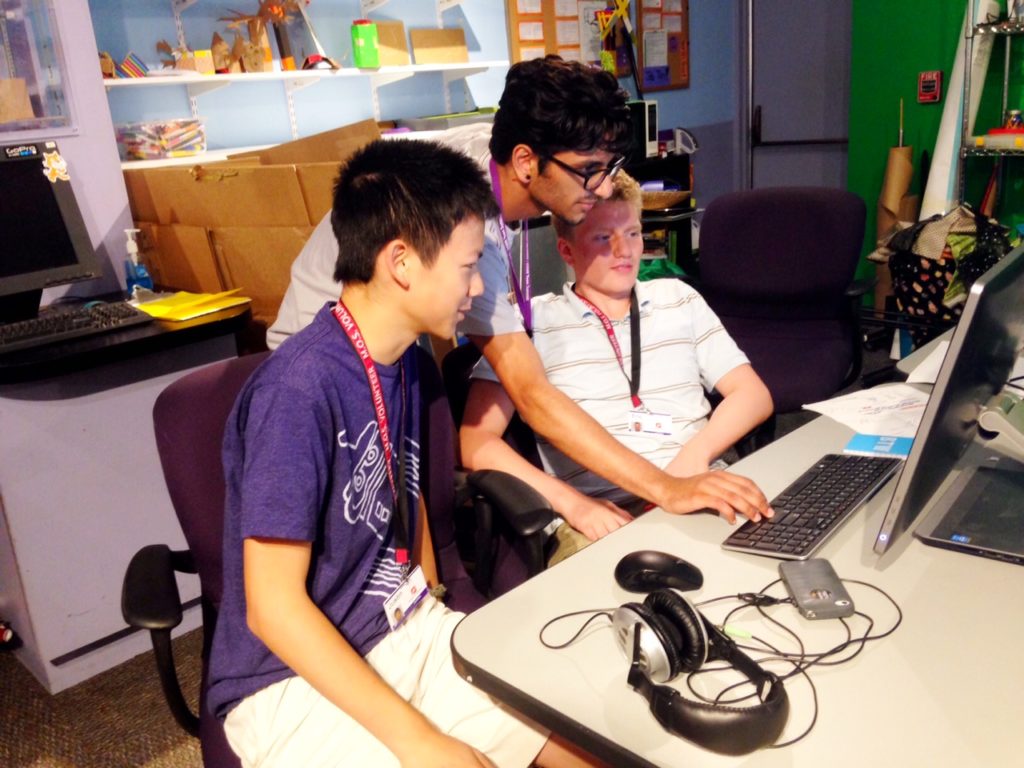
Computer Science Education Week begins next week (December 7-13). Tens of millions of students will participate in the Hour of Code, a campaign to introduce young people to coding and to stress the importance of computer science skills in the 21st century. Less than 2.4 percent of students graduate college with a computer science degree,… Read More ›
Virtual Viewpoints: Roberto Gonzalez, STEAM Box

This episode is the fourth in our series documenting the Fuse Architect Project, a collaboration between the Nellie Mae Education Foundation, the Highlander Institute, and several other Rhode Island-based stakeholders endeavoring to design and pilot systems that promote student-centered learning. In this episode, we’re talking with Roberto Gonzalez of the Rhode Island-based nonprofit STEAM Box.… Read More ›
Reflections on Student-Centered Learning Part 1- Student Perspective
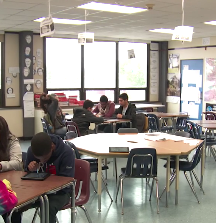
The International Association for K-12 Online Learning (iNACOL) hosted their annual Symposium in Orlando, FL. last week. I attended—along with over 3,000 educators, experts, thought leaders, and innovators—and left with a sense of both the enormity of the charge of educating all young people to succeed in the world of the future, and the importance… Read More ›
Casco Bay High School: The What and HOW of Learning
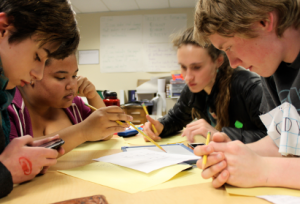
Originally posted on CompetencyWorks on November 23, 2015 This post is part of the series Road Trip to Maine. This is the third of a four-part look at Casco Bay High School. Read Part One for Tips and Takeaways and Part Two for Learning as Exploration. Check out Casco Bay on the Students at the Center… Read More ›
Video Gaining as Key Tool in Teacher-Learning Plans
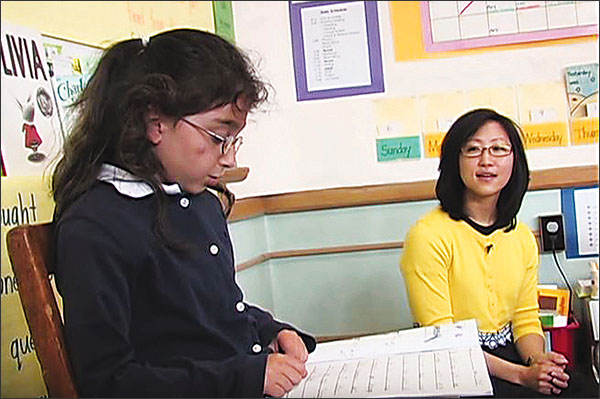
This article discusses the increase of video as a tool for improving and refining classroom practice for educators. Included in the article are mentions of several companies and schools that are actively contributing videos for teaching and professional development online, including the Teaching Channel and BetterLesson. Source Organization: Education Week Visit the Resource
Watch Lectures at Home, do Homework in Class

This article highlights blended learning classrooms at Revere High School in Revere, Massachusetts. According to the Revere High principal Mr. Lourenco Garcia, introducing flipped classrooms has fostered more personalized learning opportunities, increased student ownership of work, and has created a dynamic and engaging learning environment for all its students. Source Organization: The Boston Globe Visit… Read More ›
Making Learning Whole: How Seven Principles of Teaching Can Transform Education
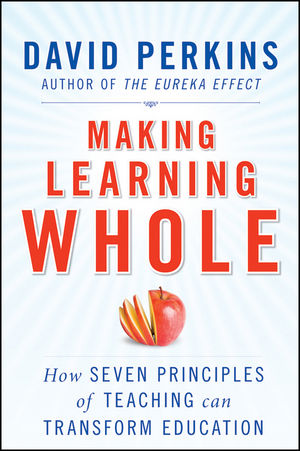
This book focuses on how teaching any subject at any level can be made more effective if students are introduced to the whole game, rather than isolated pieces of a discipline. Authored by David Perkins, co-director of Harvard’s Project Zero, who explains how learning academic subjects should be approached like learning baseball or any game.… Read More ›
Measuring Hard-to-Measure Student Competencies
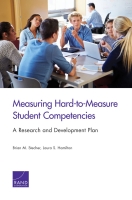
This report provides guidelines to promote thoughtful development of practical, high-quality measures of interpersonal and intrapersonal competencies that practitioners and policymakers can use to improve valued outcomes for students. Efforts to prepare students for college, careers, and civic engagement have traditionally emphasized academic skills, but a growing body of research suggests that interpersonal and intrapersonal competencies—such… Read More ›
Design Thinking in Schools: “You can’t make school better without student voice.”
Have you thought about bringing design thinking to your school or district? One of the major foundations for the Fuse Architect project is design thinking. Through a partnership with IDEO, the Fuse Architect schools’ design teams used and continue to use design thinking to help re-envision the way school happens. IDEO defines design thinking… Read More ›